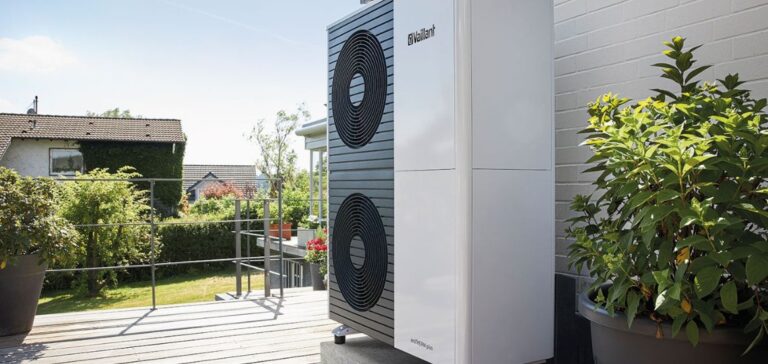As part of its strategy to reduce CO2 emissions, the United States is stepping up financial support for heat pumps.
The Inflation Reduction Act, passed in 2022, provides tax credits of $2,000 for the installation of these systems in homes.
These devices, which use electrical energy to transfer heat, offer an alternative to traditional heating and air-conditioning systems.
By reducing energy consumption, they aim to optimize energy efficiency in the home.
Impact on the U.S. Heat Pump Market
Federal incentives, coupled with local programs, are beginning to stimulate demand for heat pumps.
In 2023, applications for tax credits for these installations exceeded 267,000 for air-to-air models and 104,000 for thermodynamic water heaters.
This figure reflects a growing awareness of potential savings, and a diversification of energy solutions in the US residential market.
Middle- and low-income households in particular benefit from these grants, encouraging them to gradually replace their heating systems.
Some municipalities, like Washington, go even further, covering the full cost of installation for eligible households.
Non-eligible households are encouraged to opt for a gradual approach, replacing obsolete equipment with more modern, economical systems over time.
This dynamic helps to structure the market around energy solutions that are less dependent on fossil fuels.
Cost-effectiveness and Gradual Adoption
According to a study published in Joule, heat pumps are proven to be profitable for 59% of American households, even without financial support.
This economic perspective is a strong argument for their widespread adoption.
However, the main challenge remains informing and motivating consumers.
Although the trend shows growing adoption, it remains largely concentrated among consumers who are already sensitive to energy issues.
Local and federal organizations are stepping up initiatives to train installers in the new technologies.
The aim is to ensure a smooth transition and sufficient availability of skilled manpower to meet growing demand.
This development goes hand in hand with changes in the practices of construction companies, particularly in the southeastern United States, where the demand for air conditioning is driving the adoption of heat pumps.
Demand Regionalization and Market Diversification
The uptake of heat pumps varies considerably across the US.
In Massachusetts, for example, the equipment rate is still low (6%), while in states like South Carolina, it reaches 40%.
This disparity can be explained by economic and structural factors, such as electricity costs, the prevalence of gas infrastructures, and specific air-conditioning needs.
Homebuilders and heating system installers in these regions are targeted by government-funded training programs.
These programs aim to encourage the use of these fast-growing technologies, integrating heat pumps as a standard component in new residential construction projects.





















